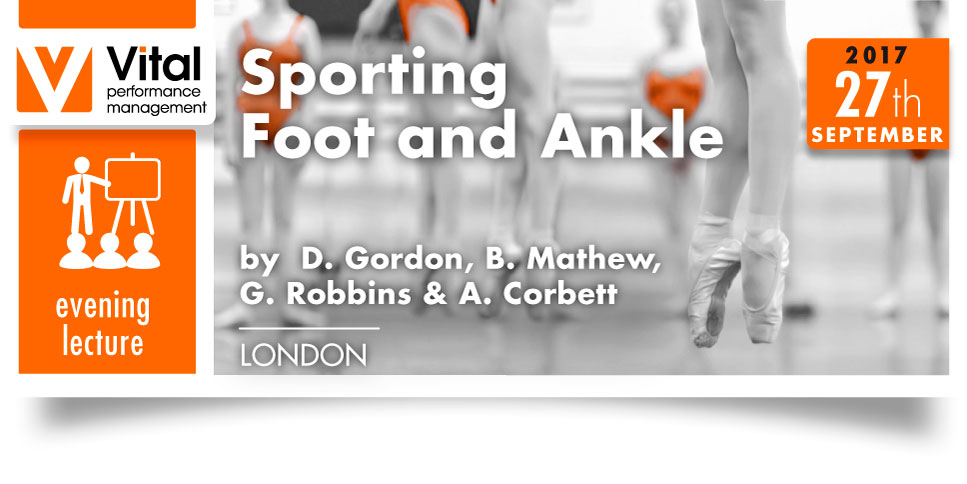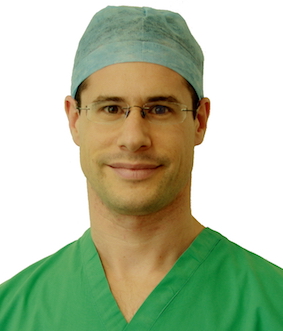Sporting Foot and Ankle Lecture London
Wednesday, 27 September 2017 17:45 - 20:45 (GMT)
Chelsea & Westminster Hospital
Physiotherapy Gym
Outpatient Physiotherapy Dept. (Ground Floor)
369 Fulham Road
London
SW10 9NH
Completed
This evening lecture will explore current developments in the management of sporting foot and ankle injuries. Specific injuries such as achilles tendon injuries, plantar fasciopathy, medial tibial stress syndrome, plantar plate tears and overview of management strategies will be discussed.
Topic 1 - Current concepts in the surgical management of Foot & Ankle sporting injuries by David Gordon (F&A Orthopaedic Surgeon)
- Diagnosis and Surgical management of the common and unusual foot and ankle injuries
- Conditions covered would include Achilles tendon ruptures, ankle sprains, ankle impingement, ankle cartilage injuries and plantar plate tears
- Use of intra-operative video and pictures to illustrate how these injuries are treated
Topic 2 - Overview of Plantar Fasciopathy by Alice Corbett (MSK Podiatrist)
- Differential diagnosis of chronic heel pain
- Understanding the patho-physiology and biomechanical factors, associated with plantar fasciopathy
- Current management strategies including education, orthotics, exercise therapy, injections, shockwave therapy, etc.
Topic 3- Medial Tibial Stress Syndrome (MTSS) by Benoy Mathew (MSK Physiotherapist)
- In this lecture, you will gain a lot of practical information on how to identify and manage your patients with MTSS.
- Differential diagnosis of exercise related leg pain and risk factors associated with MTSS and influence on bone load capacity
- Objective assessment and management of MTSS
Topic 4 - Running Re-training in Chronic Foot and Ankle Pain by Glen Robbins (MSK Physiotherapist)
- Overview of bio-mechanical principles in running re-training
- Practical application of running re-training for common F&A pathologies
- Use of video analysis case studies to illustrate running re-training



